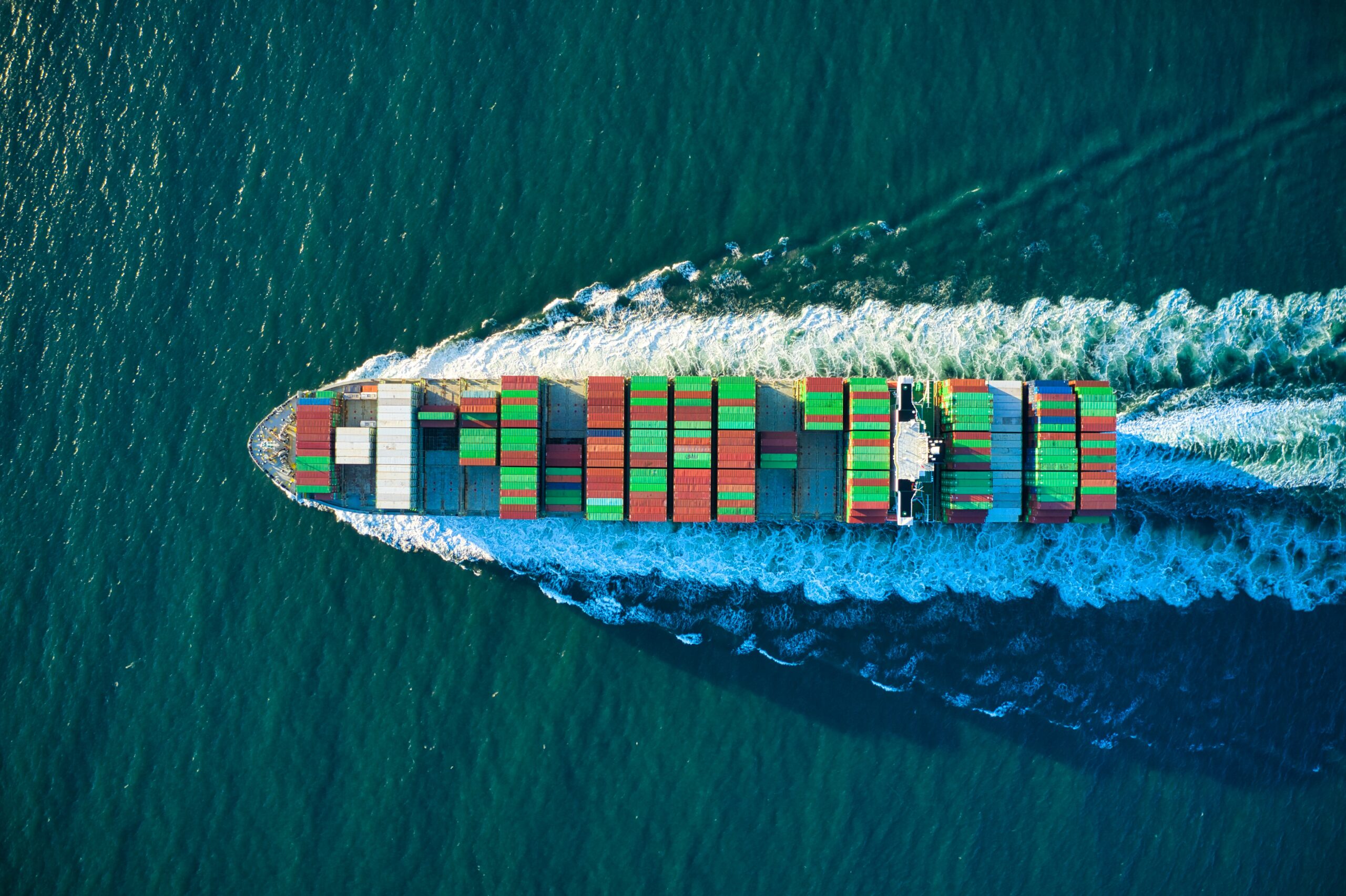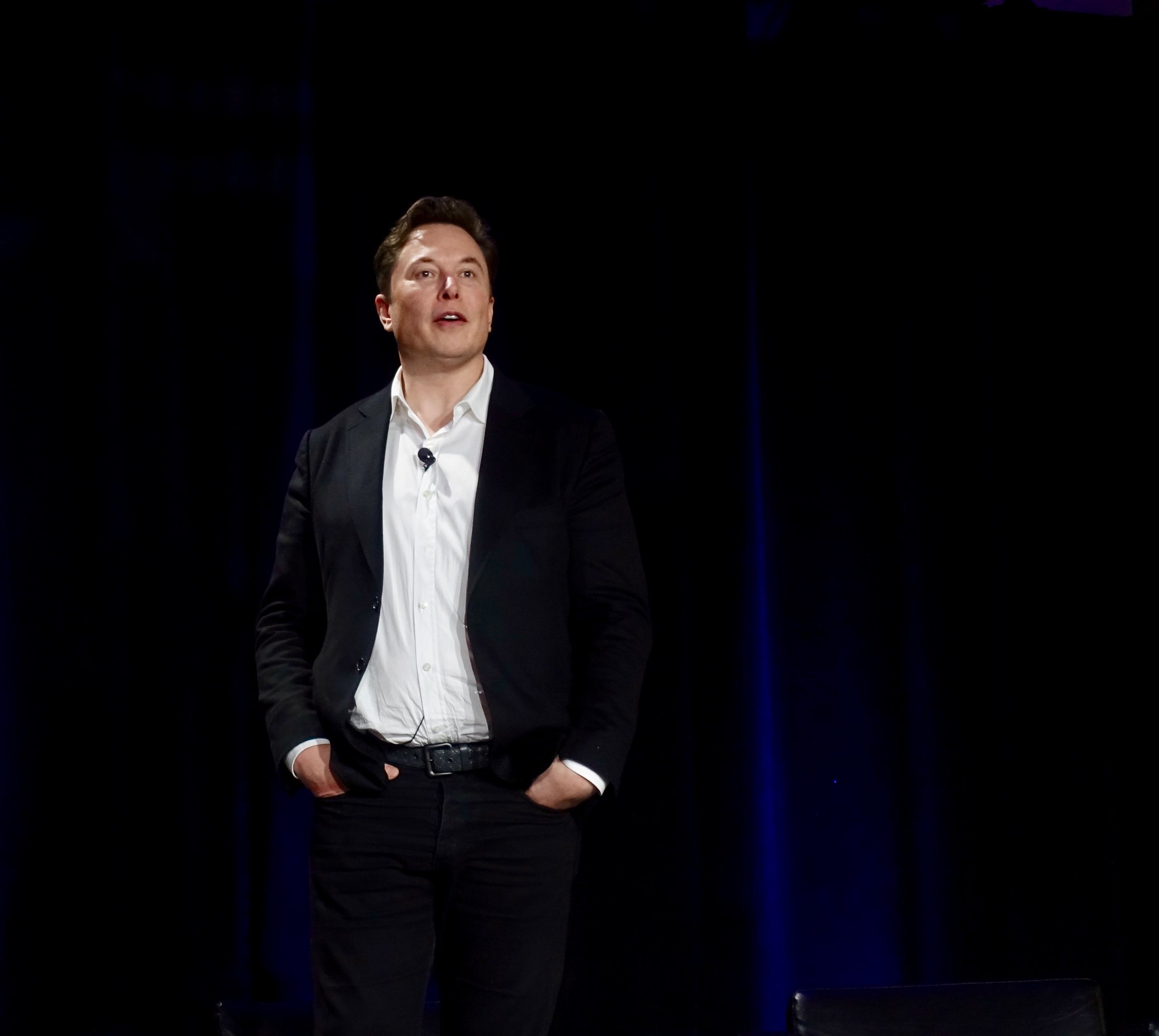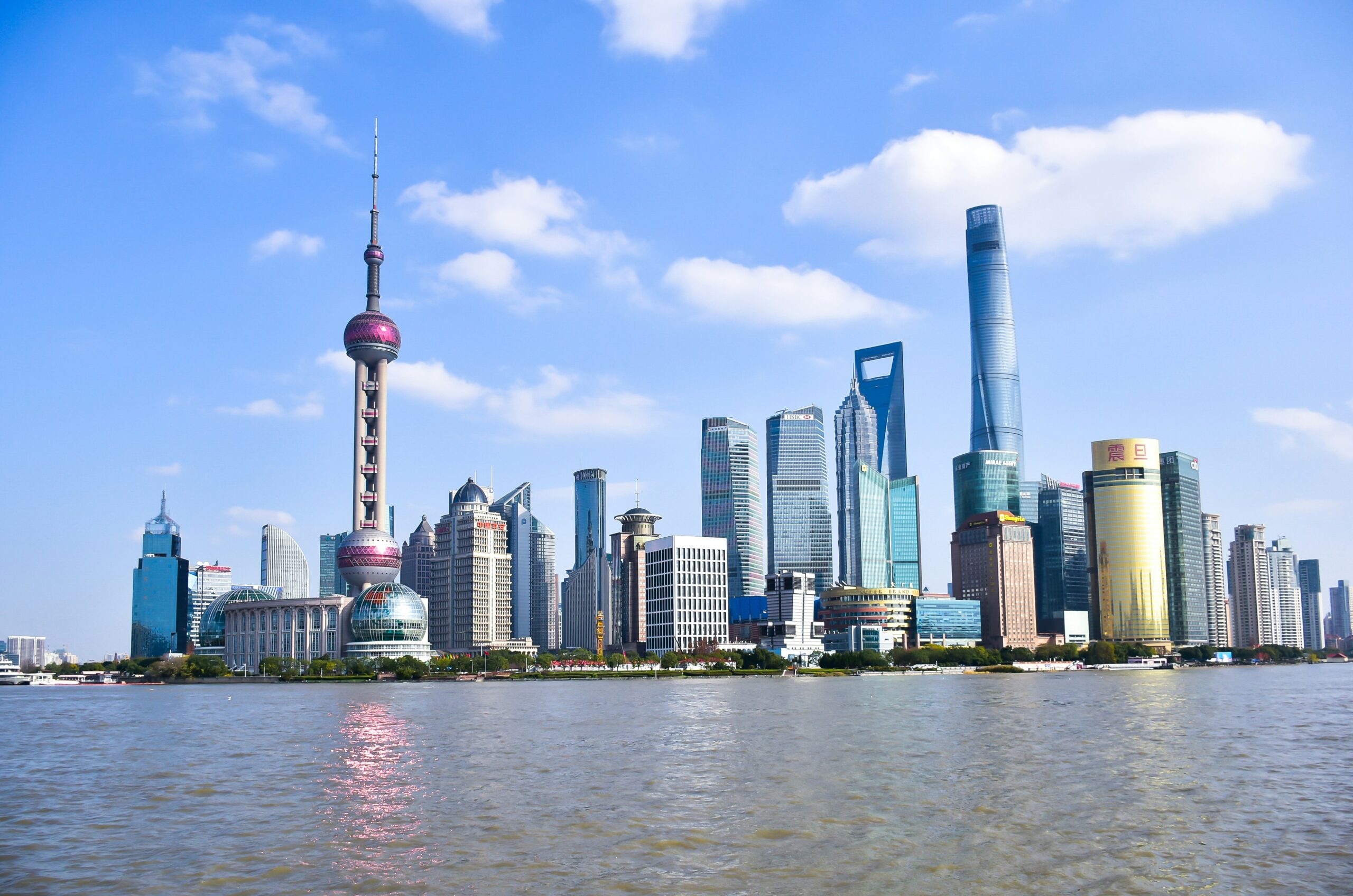The President of the European Central Bank (ECB), Christine Lagarde, has issued a stark warning that global trade uncertainty continues to weigh on the world economy, despite the recent signing of several new trade agreements. Speaking at the International Business Council of the World Economic Forum, Ms. Lagarde stated that while recent deals have “alleviated” some tensions, they have “certainly not eliminated” the persistent unpredictability.
The comments come in the wake of a landmark trade deal between the United States and the European Union, which was hailed as a step back from a full-blown trade war. The agreement, which established a new tariff ceiling of 15% on most EU goods imported into the US, was seen as a way to provide greater clarity for businesses. However, Ms. Lagarde cautioned that a slowdown in economic growth is already becoming evident, with the ECB’s own data showing a reversal of the “frontloading effect” that saw businesses increase their exports earlier in the year to get ahead of the anticipated tariffs.
“The outcome of the trade deal is well below the severe scenario of tariffs over 20% that the ECB had projected,” Ms. Lagarde said. “However, uncertainty persists, particularly over sector-specific tariffs on key industries such as pharmaceuticals and semiconductors.”
The ECB president also emphasised the need for Europe to diversify its trade partnerships, stating that while the US will remain an important ally, the continent should “aim to deepen its trade ties with other jurisdictions.” This call for diversification comes as other major economies also face significant trade headwinds. India, for example, is grappling with a steep 50% country-specific tariff on its exports to the US, a penalty for its continued purchase of Russian oil. The move has put bilateral trade talks on hold and is projected to have a substantial impact on Indian exports.
The World Trade Organization (WTO) has also warned of a slowdown in global trade growth for the coming year, with a key index of global trade policy uncertainty remaining well above its historical average, despite a recent dip. The International Monetary Fund (IMF) and other economic bodies have likewise highlighted the risks that higher tariffs and geopolitical tensions pose to the global outlook, with the IMF’s latest report noting “tenuous resilience amid persistent uncertainty.”
This climate of unpredictability is impacting business confidence and investment decisions. A recent survey by the US-China Business Council revealed a significant drop in the number of US companies planning to invest in China this year. Similarly, major car manufacturers have already begun to quantify the financial impact of the new tariff regime, with companies like Toyota projecting multi-billion dollar hits to their profits.
Ms. Lagarde’s remarks underscore a growing consensus among global economic leaders: while new agreements may offer temporary relief, the structural shifts and political unpredictability in the global trading environment mean that businesses and policymakers must remain prepared for continued volatility. The ECB is set to incorporate the implications of the EU-US trade deal into its September projections, which will guide its monetary policy decisions in the coming months.



